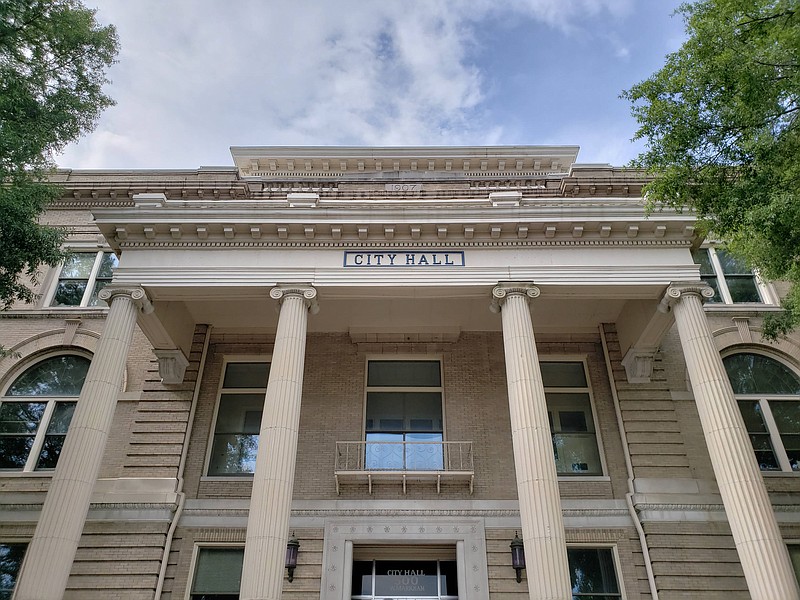After weeks of discussion, Little Rock city directors on Tuesday approved a $276 million budget for 2020.
Though the mayor and city board have talked about the budget since August, little discussion took place just before the budget's approval by voice vote at Tuesday's regular meeting at City Hall.
The budget annualizes cuts that the city board approved in an amendment to the 2019 budget in June, which the city says will have an annual impact of $5 million in savings. The budget amendment included the closure of two public golf courses and the elimination of 44 city positions.
The city will increase its outside agency funding in 2020 by about $1.2 million, to $11,851,607, or 5% of the total budget, though contributions to some of those agencies were decreased. Those include the Museum of Discovery and the Downtown Little Rock Partnership.
The city's annual allocation to the Little Rock Regional Chamber of Commerce was decreased by $50,000, to $250,000. That expenditure is categorized with contracts in the general administration section of the budget.
Little Rock will increase funding for Rock Region Metro, the transit agency for central Arkansas, by $296,977, to about $82 million. A total of $2 million of that will come from the city's street fund operating budget, which will not affect capital projects funded by the three-eighths percent sales tax or street and drainage bonds.
Funding for the Children, Youth and Families Commission, which advises the city board on contracts for prevention, intervention and treatment services for at-risk youth, was cut by $375,000, to $4.75 million.
Mayor Frank Scott Jr. said he wants to put $500,000 of that toward implementing a community schools model in the Little Rock School District, which would aim to provide social services to students and families at state-rated "F" schools in disadvantaged areas.
Scott has said he also plans to hire a chief education officer to work with the city and school district on implementing that model. Funding for that position is not reflected in the 2020 budget. The mayor said the position may be funded by an outside entity or with a public-private partnership.
The city plans to spend about $164 million on personnel this year, an increase of just more than $6 million. That includes raises for a small portion of city employees. Code-enforcement and animal-services officers' yearly salaries will go up by $2,500. Waste-disposal personnel will receive wage increases of $2 per hour, excluding some supervisor and sustainability positions. Street-level maintenance workers will get raises of $1 per hour, and nonuniform union employees will receive $500 bonuses.
The city will continue step and grade salary increases for police, fire, 911 communications and nonuniform, union-eligible employees. Fourteen new waste-disposal workers will be hired, funded by the January garbage fee increase.
At the meeting's end, Scott said he was appreciative of the city board passing the budget, the first he'd worked on as mayor.
"I count it an honor to work with each and every one of you," he said.
Metro on 12/04/2019
